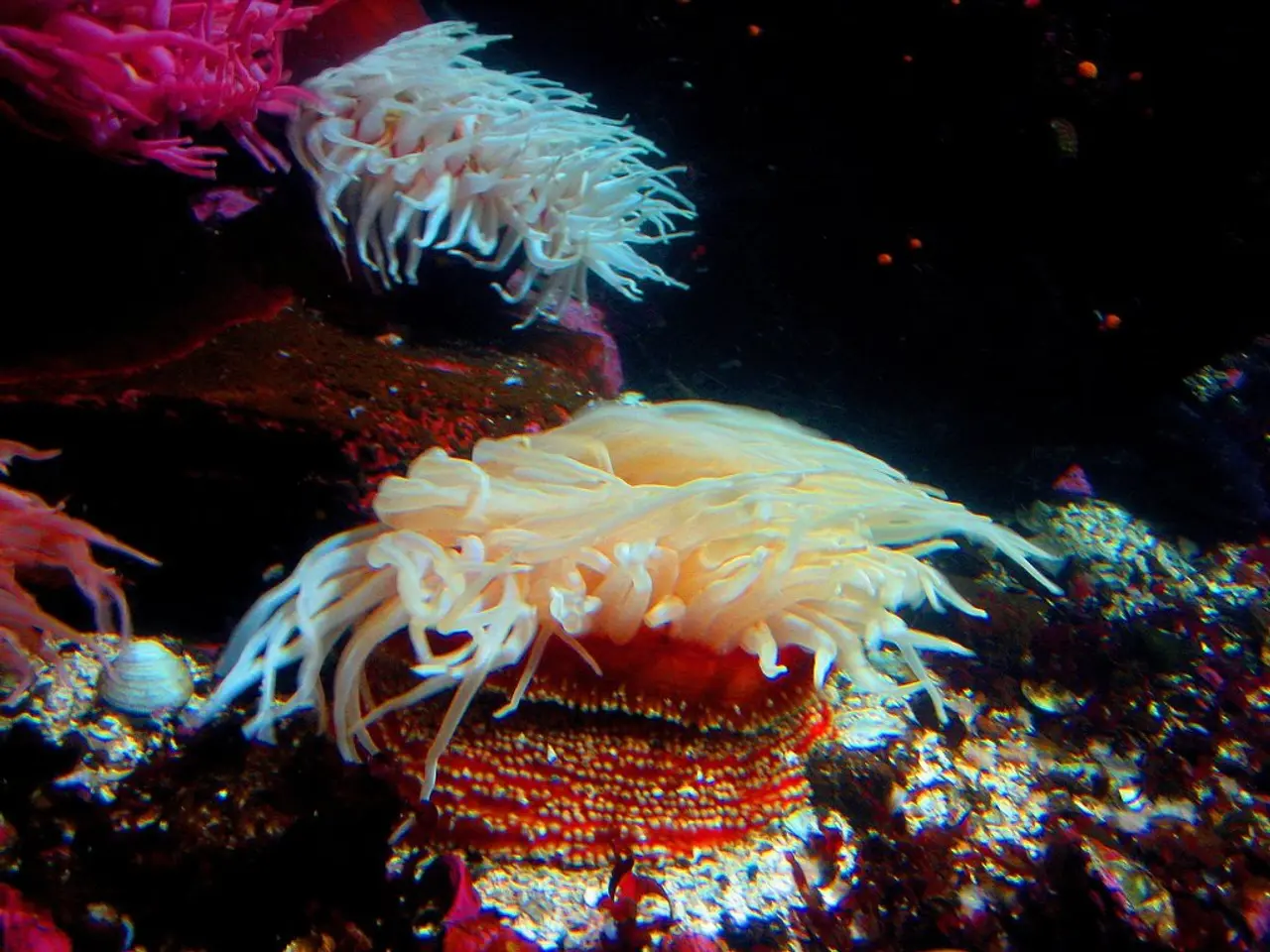Study Reveals: Captured Emissions from Malaysia's CCUS Projects Exceeded by Released Emissions, According to RimbaWatch
Malaysia's recent passing of a new law to govern Carbon Capture, Use, and Storage (CCUS) initiatives has sparked controversy, with opposition lawmakers expressing alarm and protests. The bill, which does not include provisions for fines or penalties for CCUS projects that leak CO2 or capture lower amounts of CO2 than promoted, has raised concerns about the potential environmental impact and corporate influence.
According to a 2022 report by Petronas, the CCUS industry could unlock investments of over US$200 billion and create 200,000 new jobs annually. However, an independent review commission examining Malaysia's climate measures regarding CCUS and its alignment with the 1.5-degree target under the Paris Agreement, including potential corporate lobbying influence, remains unspecified.
RimbaWatch, an environmental non-profit, has analyzed 10 CCUS initiatives in Malaysia and found that nine of them are linked to fossil fuel expansion, primarily natural gas extraction. These CCUS projects, which are linked to gas fields operated by Petronas, will emit 55.1 million tonnes of carbon dioxide equivalent (tCO2e) in annual emissions, equivalent to Japan's total emissions in 2023. In a best-case scenario, CCUS will only remove 10% of these emissions.
Moreover, RimbaWatch's calculations show that the full lifecycle emissions of three CCUS hubs with a shared storage capacity of up to 15 million tonnes of CO2 per year would exceed the amount of carbon captured by a factor of 10. RimbaWatch calls for extensive and robust safeguards to be incorporated in the bill, and for the establishment of an independent oversight and advisory body to ensure rigorous public scrutiny of carbon capture technologies.
The CCUS bill allows for the use of locally captured CO2 for fossil fuel extraction, potentially encouraging more emissions. RimbaWatch argues that investments in CCUS should be redirected into renewable energy, stating that it would result in greater emissions savings. If Malaysia's investment in CCUS was invested in solar energy, an additional 2.1 million tonnes of CO2 could be saved.
One of the identified initiatives, Kasawari, will be the world's biggest CCUS project to date off the coast of Sarawak, with a combined 16 trillion cubic feet of gas and 20.4 million barrels of oil equivalent of crude reserves. RimbaWatch has approached Petronas for a response regarding the net emissions of its planned CCUS initiatives and concerns surrounding the CCUS bill.
The coalition calls for an independent inquiry into CCUS to determine whether the emissions from CCUS projects align with a 1.5-degree pathway under Malaysia's Paris Agreement commitments and if corporate lobbying influenced legislative decisions. RimbaWatch joined a coalition of 18 civil society organizations to sign a memorandum to the Dewan Negara (upper house of Parliament) demanding the process to be halted and the CCUS bill to be revised.
The CCUS bill does not include any provisions for the use of imported CO2 to extract sour gas reserves, but it does not restrict the use of locally captured CO2. This raises questions about the bill's commitment to reducing emissions and promoting sustainable energy solutions.
As the debate over CCUS continues, it is crucial to ensure that any investments in this technology align with Malaysia's commitment to the Paris Agreement and prioritize sustainable, long-term solutions for decarbonization.








